4 Main Types of Medicare Advantage Plans
If you’re nearing the age of 65, then you’re probably starting to think about Medicare. You might be wondering how it all works and what your options are. Medicare Advantage Plans are one of the options available to seniors through the Medicare program. These plans offer a variety of benefits and coverage options which you may want to consider before enrolling in one.
The types of Medicare Advantage Plans will help you understand the various types of benefits offered by private insurance companies as well as the costs associated with them so that you can make an informed decision about your healthcare needs.

Flexible Spending Amount Definition
People who qualify for Medicare, including those between ages 65 and older or individuals with disabilities can enroll in Medicare Advantage Plans (Part C), which will provide them comprehensive benefits that are actually cheaper than what most people think health insurance should cost.
Medicare-approved private companies provide MA plan benefits including hospital care in addition to medical services that are not covered by traditional Parts A (hospital) or B (medical).
In addition, these plans include drug coverage (Part D), which means that you can get the medications your doctor recommends, without worrying about paying out-of-pocket costs.
What are Medicare Advantage Plans
Get Started with Your Medicare Advantage Plan
Types of Medicare Advantage Plans
The type of Medicare Advantage Plan you choose will depend on your health needs, budget, and how much flexibility you want in making medical decisions without a referral from your doctor or other healthcare professional.
Before choosing a plan, it is important to understand all the specifics so that you can find one that offers what you need at an affordable price.
The Four Main Types of Medicare Advantage Plans are Medicare Advantage HMO, Medicare Advantage PPO, Medicare Advantage PFFS, and Medicare Advantage SNP.
Medicare Advantage HMO
Medicare HMOs are one of the most reliable ways to get access to your Medicare benefits. It’s often called “Medicare-managed care plans” as your care will be managed by a network of doctors and hospitals specific to the plan.
You can get care from any provider in the network, with one exception: emergency situations must be treated by someone within this preferred group who has been specially designated for such cases.
If your Primary Care Physician (PCP) cannot provide treatment for an issue, he or she will refer you to out-of-network specialists.
Medicare Part D drug plans are already included in many HMOs. Always check the plan’s formulary though to make sure your medications are covered.
Co-pays vary depending on what service is being used and can be as low as $0 per month or more than $100 for a single visit with an actual charge that varies from provider to provider.
Medicare Advantage PPO
Medicare Advantage PPOs (Preferred Provider Organization) are preferred by many people as they can get the same benefits as an insurance company, but at lower prices.
Most PPO plans provide access to doctors and hospitals, but there are some limitations. In most cases, you may see any provider that accepts Medicare; however, out-of-network costs will be higher than traditional programs as they’re not covered by your insurance plan or Part D drug benefits.
However, since Part D drug plans are often built into the plan, you will not have any additional costs for it.
Medicare Advantage PFFS
Medicare Advantage PFFS stands for Private-Fee-for Service. These plans are great for those that want to be in control of their healthcare spending.
PFFS plans offer a lot of options and flexibility. Some have preferred providers that give discounts, while others let you choose any doctor or hospital in your area at full. The cost will depend on what kind of insurance policy is included with the plan – there’s no one “perfect” option.
Medicare Advantage PFFS plans usually cover prescription drugs. You don’t have to select a PCP or get referrals before seeing specialists, and the list of covered services is extensive.
Medicare Advantage SNP
A Medicare Advantage Special Needs Plan (SNP) suits best for people with specific disabilities, such as dementia, diabetes, and autoimmune disease. You must seek care from in-network providers unless there is an emergency when you need urgent care but you’re outside of the area of coverage, or if you have end-stage renal disease and you need dialysis outside of your area of coverage.
SNP plans require you to select a preferred provider and then get referred for specialty care. In addition, most SNP plans offer coverage of prescription drugs.
We know that navigating the Medicare system can be confusing, and we’re here to help. Our advisors at The Medicare Research Institute are happy to answer all of your questions about Medicare Advantage plans so you will have a clear understanding of what they offer, how much it costs, whether or not it covers any specific supplemental benefits in addition to traditional Medicare coverage, and more.
If you want some personalized guidance in making this important decision for yourself or someone close to you who’s nearing age 65, contact us today!


